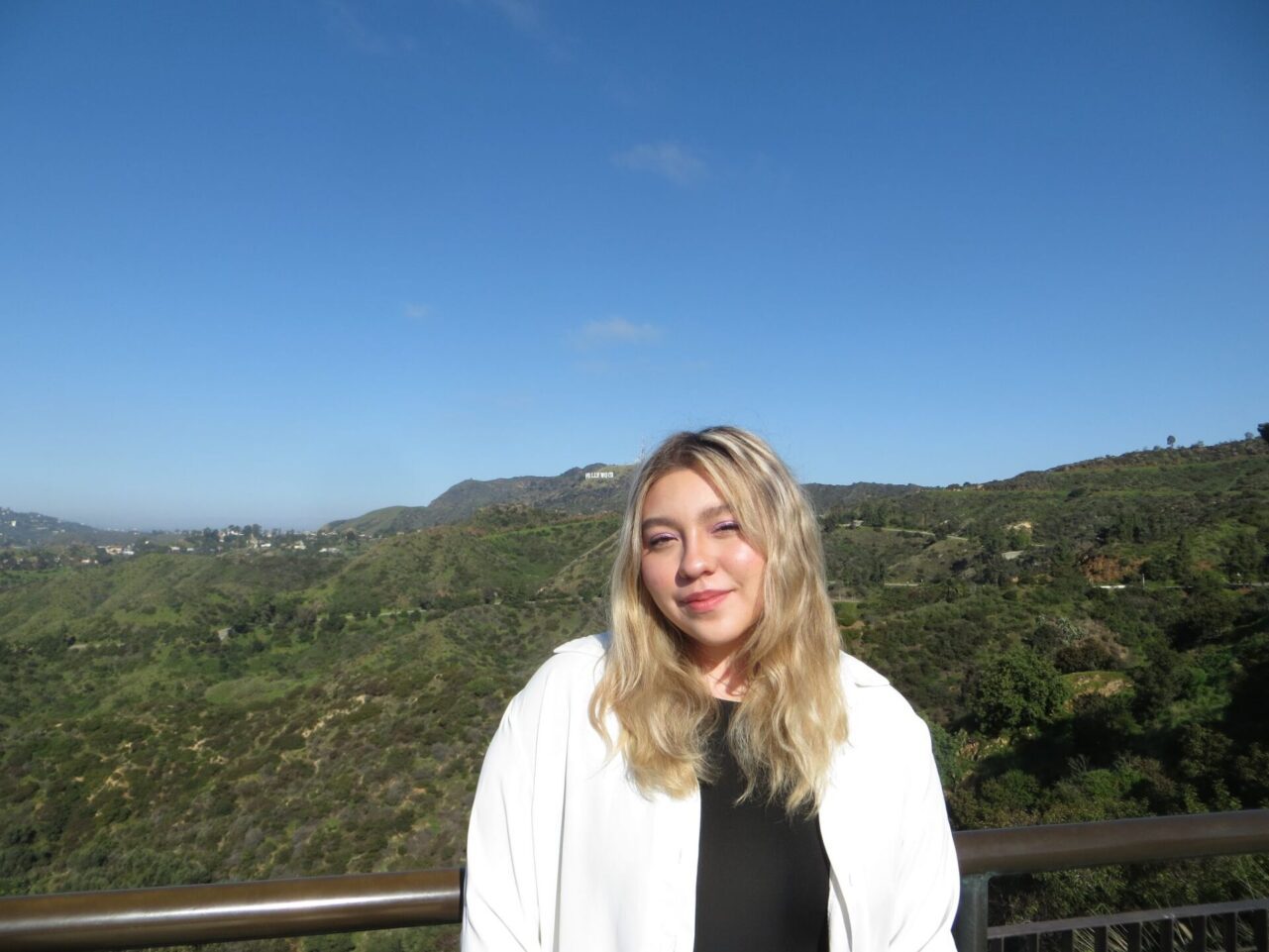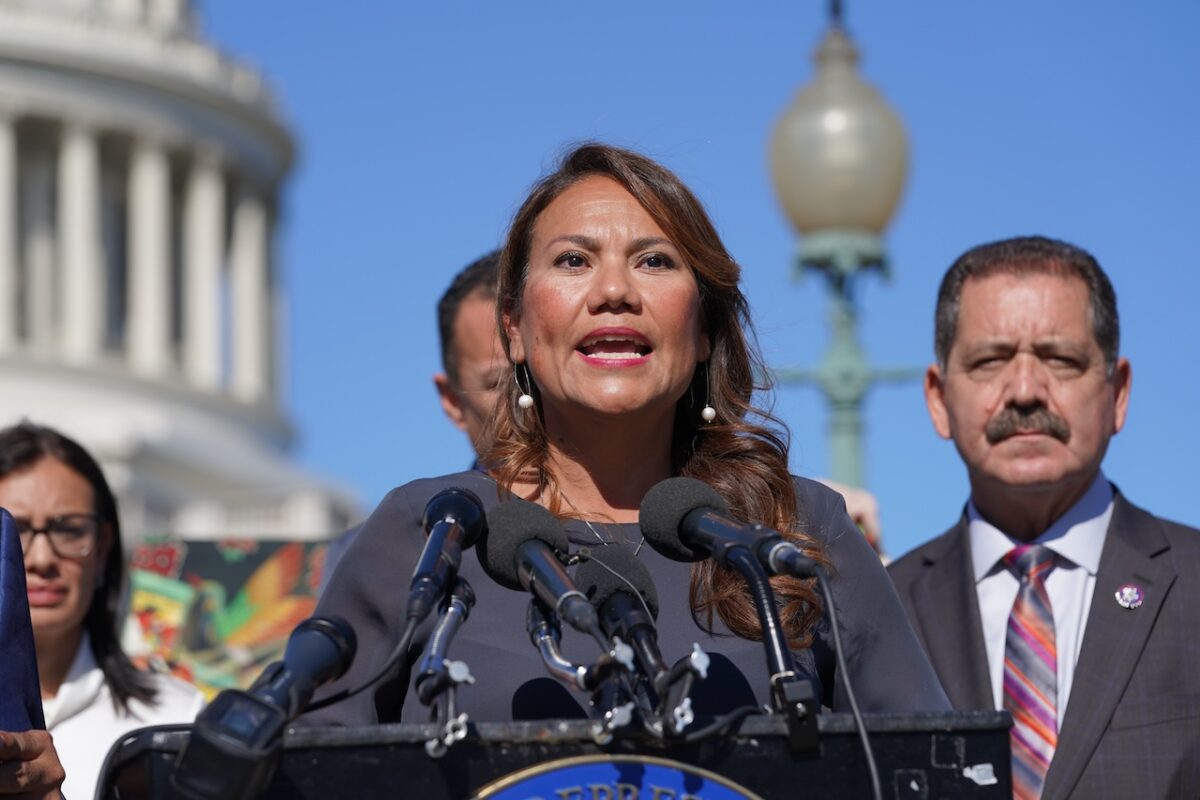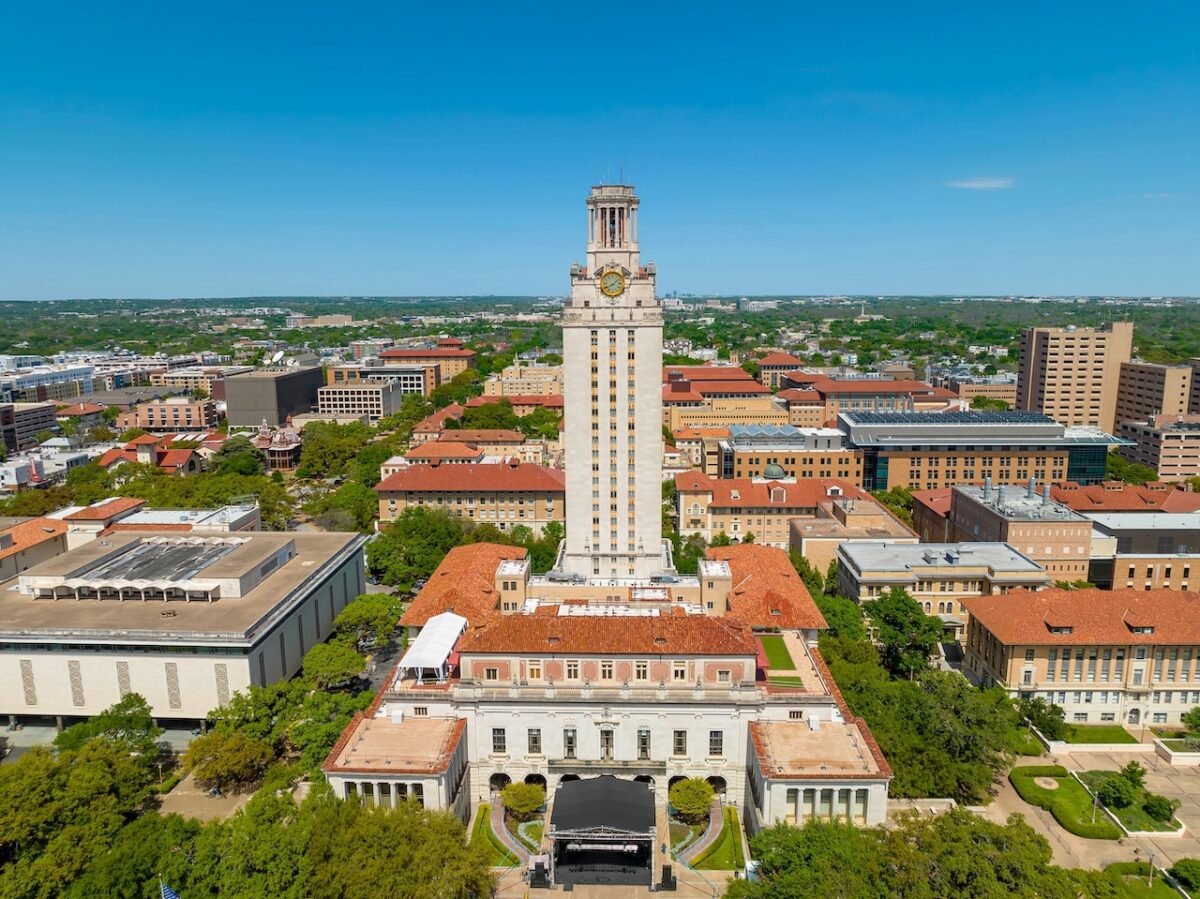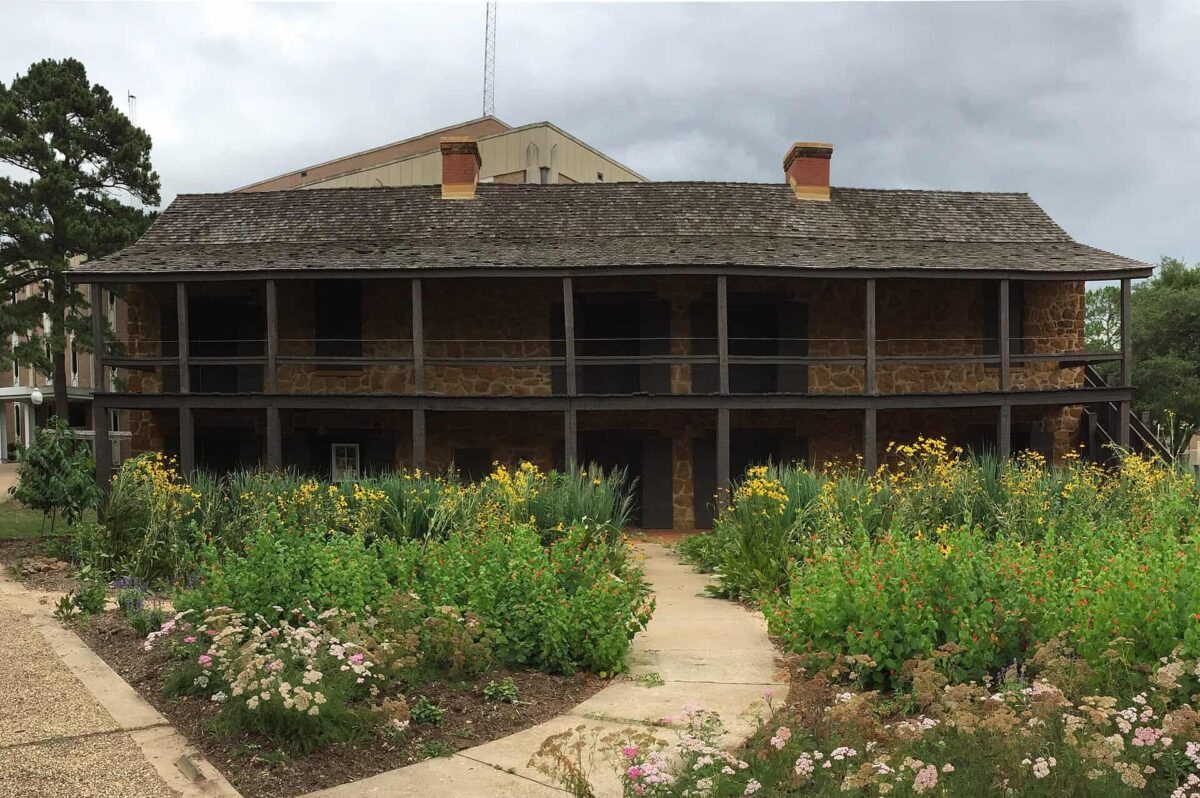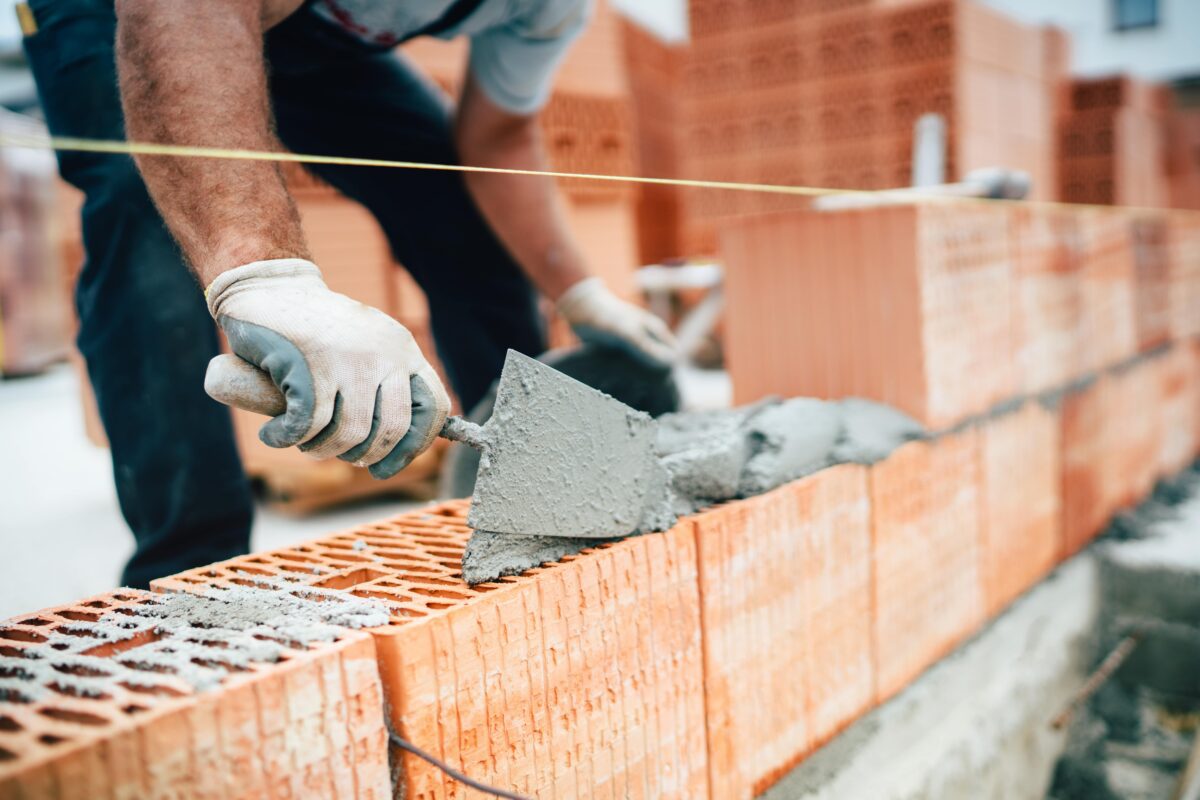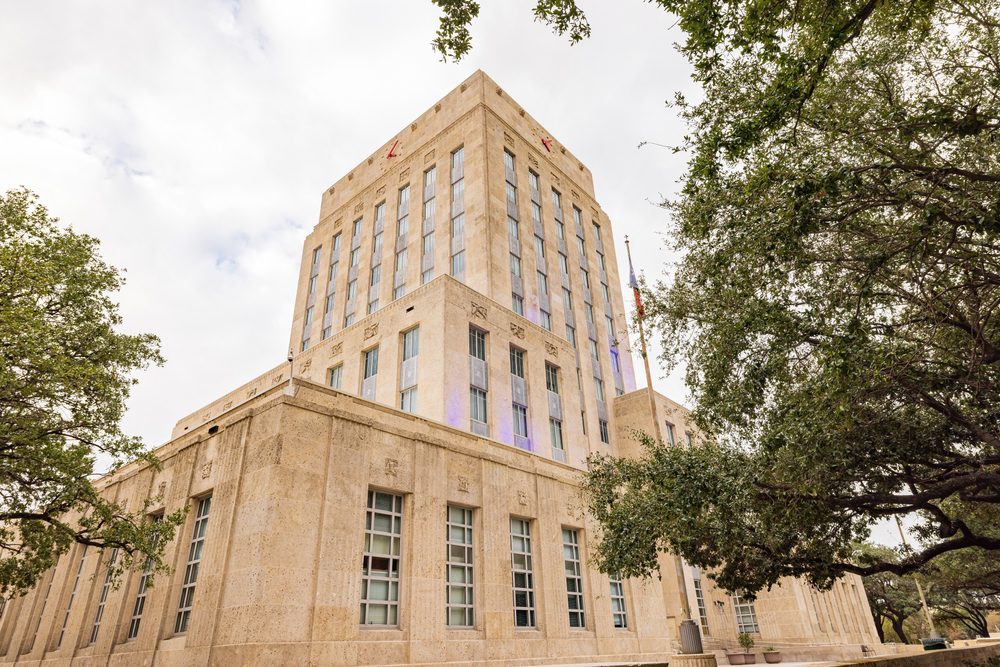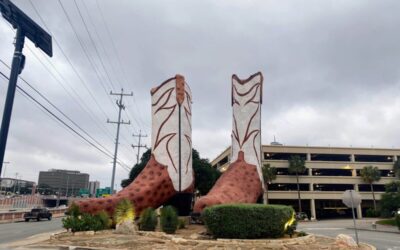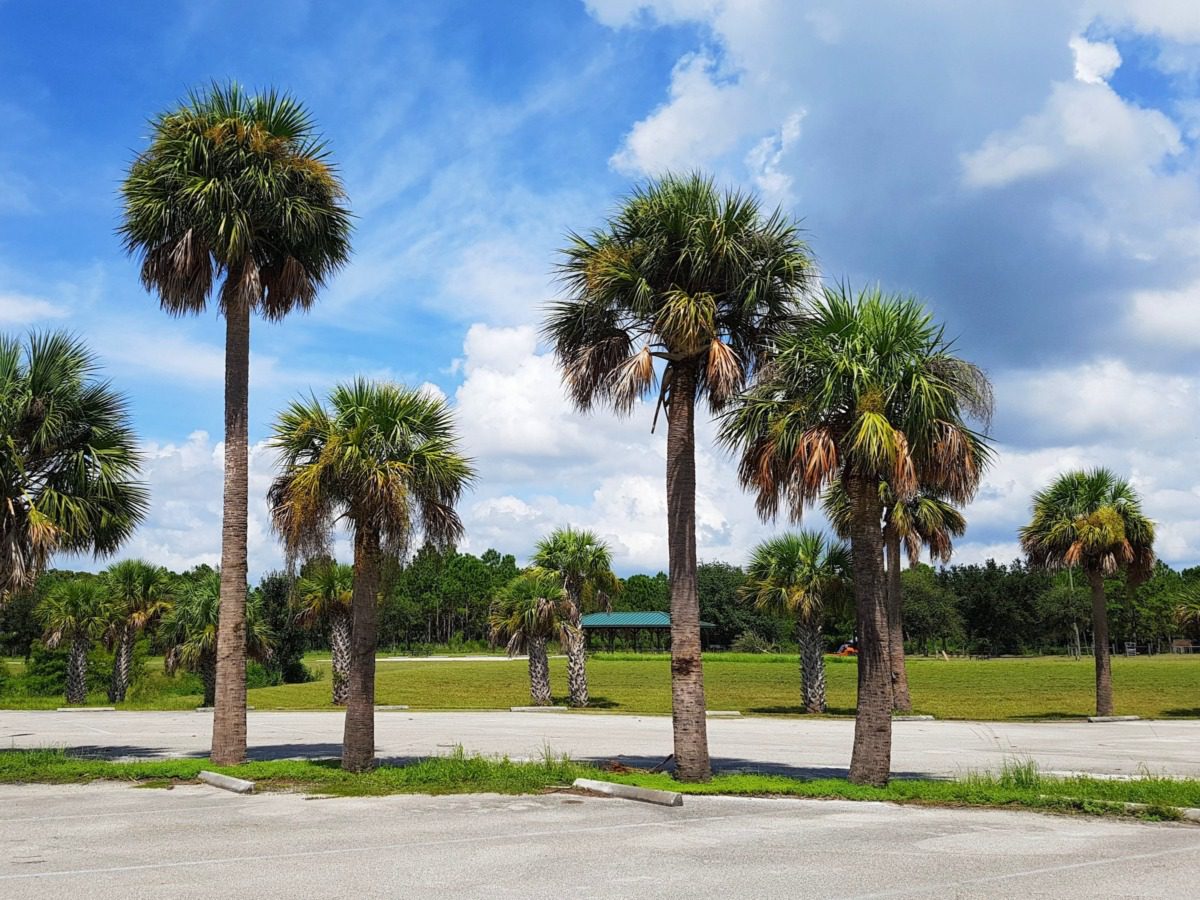
Photo courtesy of Viktoriya A via shutterstock
“Where are you from?”
“I live in South Texas”
“Oh, like San Antonio right? ”
“No, McAllen”
“Never heard of it”
When talking to folks around the country or even other Texans, I find myself receiving the same reactions when I name my hometown—complete confusion or a harmful stereotype.
Living in a border town for the majority of my life, I’ve grown up in a world of unique Latin culture, close-knit communities, and of course, amazing food. Despite the dynamic influences that surround my hometown of McAllen, Texas, the undeniable stigma and ignorance surrounding not just our values but our essence as a community is ever-present.
While the media sees Hidalgo County and the Rio Grande Valley as a place of prominent drug trafficking, the capital of U.S. immigration issues, and economic struggles, we are so much more than the media perceives. The Rio Grande Valley is more than just a news headline or a topic of discussion to criticize during family dinner. It’s the intersectionality of Mexican and American influences and culture that drive our city to be passionate about the issues that impact us directly.
Latin influences are a large part of our daily lives. Down here in the Rio Grande Valley, we’ve all embraced the importance of a bilingual environment. You can see that inside our schools, in the way our local media outlets deliver news and information, and in our daily interactions. There are also tons of local markets, community events, and festivals celebrating Latin heritage. And, of course, being so close to the Mexican border, the Hispanic culinary influences are undeniable in every aspect of our cuisine: From the classic “carne asadas” that families around the RGV make for family reunions to award-winning taco restaurants that have stood out among eateries from all over Texas.
Imagine what the rest of our state and the country could look like if we all embraced the beauty in cultural diversity rather than trying to tear it down. Now more than ever we need to come together and realize the importance of unifying underrepresented voices without judgment and speculation.
Just like in other cities, locals here care deeply about decisions being made in Austin by politicians who don’t always represent the best interests of people who call Texas home. Polls show that 78% of Texan voters think that abortions should be allowed in some form and 54% of Texan residents want increased spending on healthcare programs.
The truth is that South Texans have faced unique challenges due to limited access to healthcare options as well as reproductive health services. Living in a small town with limited resources, we face barriers regarding these basic rights.
Due to the statewide abortion ban, Whole Woman’s Health, the Rio Grande Valley’s last remaining abortion clinic, was shut down and bought by an anti-abortion pregnancy center after the overturning of Roe v. Wade. After years of service to the community, the last remaining clinic to offer reproductive services closed in 2022. Some people have found alternate forms of care, though, including crossing the border—into another country, mind you—just to attain affordable care.
When South Texans call for improved access to healthcare, what we mean is: We’d love to be able to obtain that in our own town. It’s a perspective that only people who live in a border town can really relate to.
Despite our lack of resources, particularly compared to larger cities, I do believe there’s something wonderful about the simplicity and familiarity McAllen offers. Although I’ve always expressed a negative sentiment about living in such a homogenous town, growing up here has pushed me to want to be better, not just for myself, but for those rooting for me from the sidelines.
After being accepted into the University of Pennsylvania, an Ivy League institution that was 1,894.80 miles from home, I soon discovered the unwavering support that came with stepping out of the “Valley bubble.” Our community’s support for Valley residents achieving success beyond our town inspires others to pursue their ambitious goals, despite our limited resources compared to larger cities. The number of messages I received from rising seniors in my high school congratulating me on my future endeavors and asking me what my road was to get there was unbelievable. I received messages from people I met in passing telling me that going to an Ivy League was their dream, and I was a driving force for wanting to apply.
Our community comes together and cheers those on as if they are family because they grew up here going to the same restaurants, the same high school, or shared a mutual connection with them because that’s the spirit that Hidalgo County naturally has that cannot be replicated anywhere else– family.
I’d love it if one day all Texans respected and viewed the Rio Grande Valley as a prominent area similar to DFW or Houston for our own unique reasons. I hope North Texans can see that we are more than what’s on the news. The Rio Grande Valley is a community whose perspective deserves to be heard for new, innovative ideas to attain our common goal: to make Texas a safe and equitable place to live.




